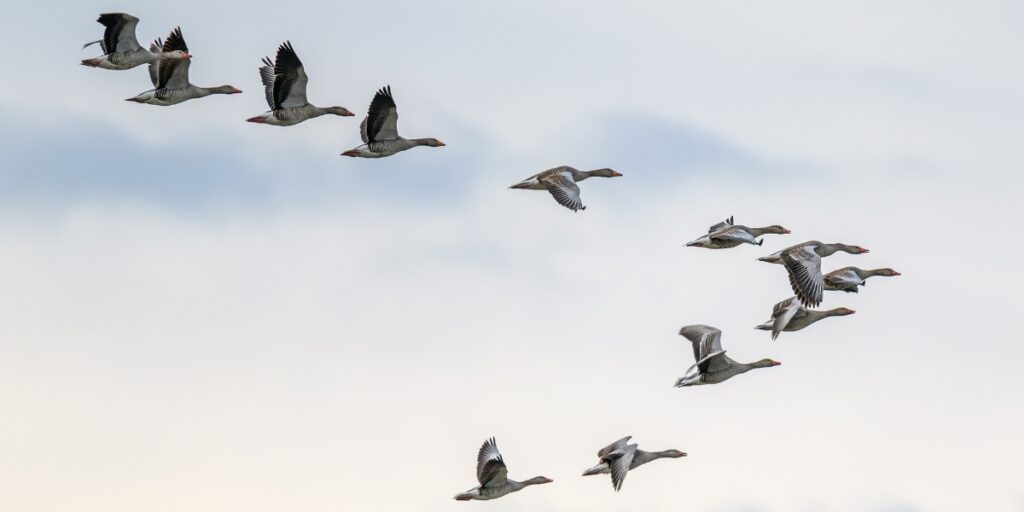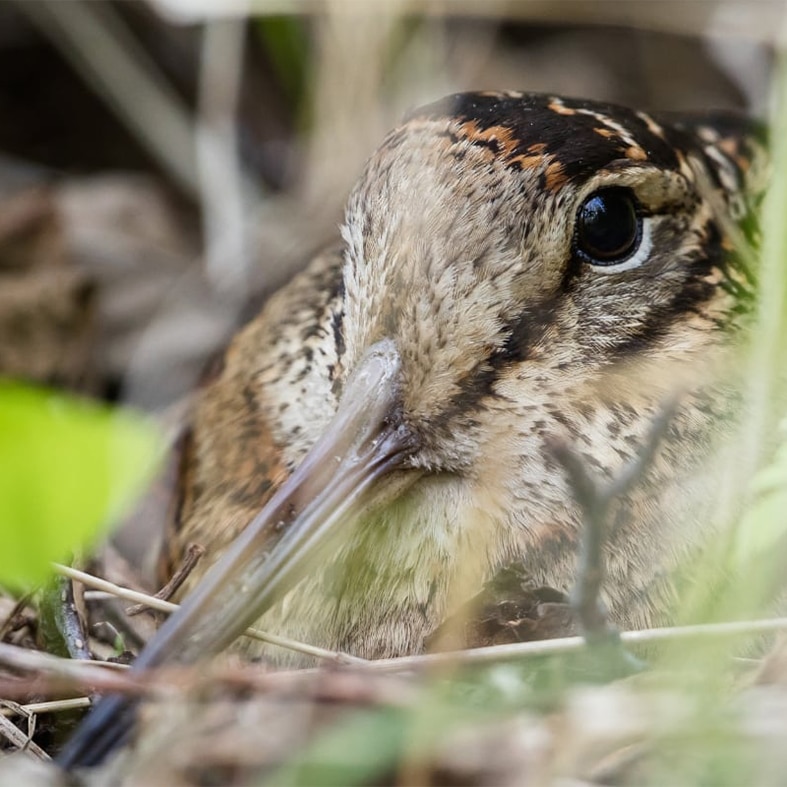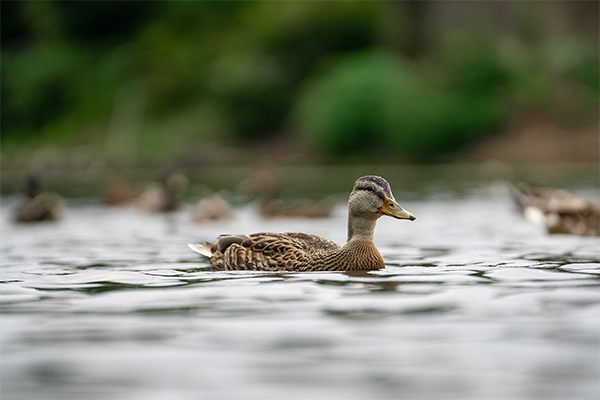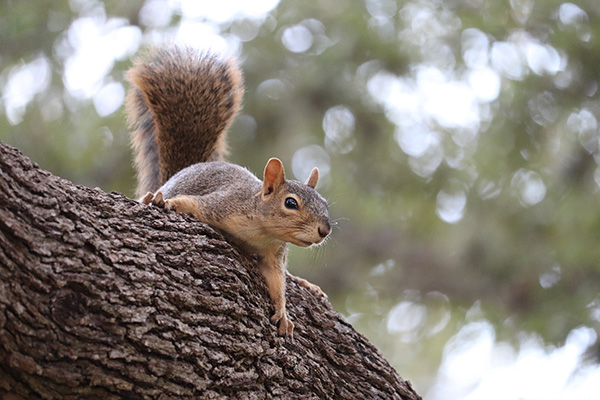
Come fly with me
Understanding the established global routes followed by migratory birds is key to ensuring the future of sustainable wildfowling.
Get information on the legal shooting season for mammals and birds in the UK.
Apply for funding for your project or make a donation today
Comprehensive information and advice from our specialist firearms team.
Everything you need to know about shotgun, rifle and airgun ammunition.
Find our up-to-date information, advice and links to government resources.
Everything you need to know on firearms law and licensing.
All the latest news and advice on general licences and how they affect you.


Woodcock are found in most parts of Britain except in areas of high ground. However, a combination of its epic woodland camouflage (bill like a stick, feather like a leaf) and secretive, night-time behaviour, the woodcock is surprisingly stealthy given its bottom-heavy, pot-bellied body shape.
This broadly nocturnal bird is often spotted by accident, flushed from scrubby cover in the daytime. At night, and especially in winter, many woodcock move from their woodland cover to open fields, probing the soil for earthworms and other invertebrates with their long, well designed bills. Your best chance to see or hear a woodcock is during late-spring into early summer when ‘roding’ displaying males flying low and straight over treetops at dusk.
So let us step away from our feathered friend for a moment and look at the gardener’s best friend, the humble earthworm.
Earthworms enhance soil conditions by improving the structure and nutrients within it. They need moist conditions: not too dry, not too water-logged, neutral soils, and plenty of decaying plant matter for them to eat. These ‘Goldilocks’ conditions for earthworms, and the hungry woodcock, are found predominantly in grazed meadows, with almost 5 times more earthworms here than cultivated fields.


Understanding the established global routes followed by migratory birds is key to ensuring the future of sustainable wildfowling.

Releasing mallard in the right location can provide added variety to a driven day. Glynn Evans shares his advice on how to go about it.

BASC has welcomed a new government policy paper, in which the shooting community is a key partner for red squirrel recovery and woodland health.